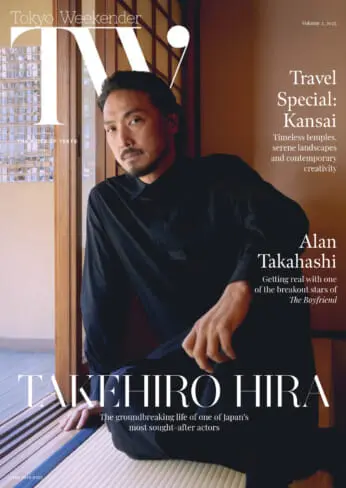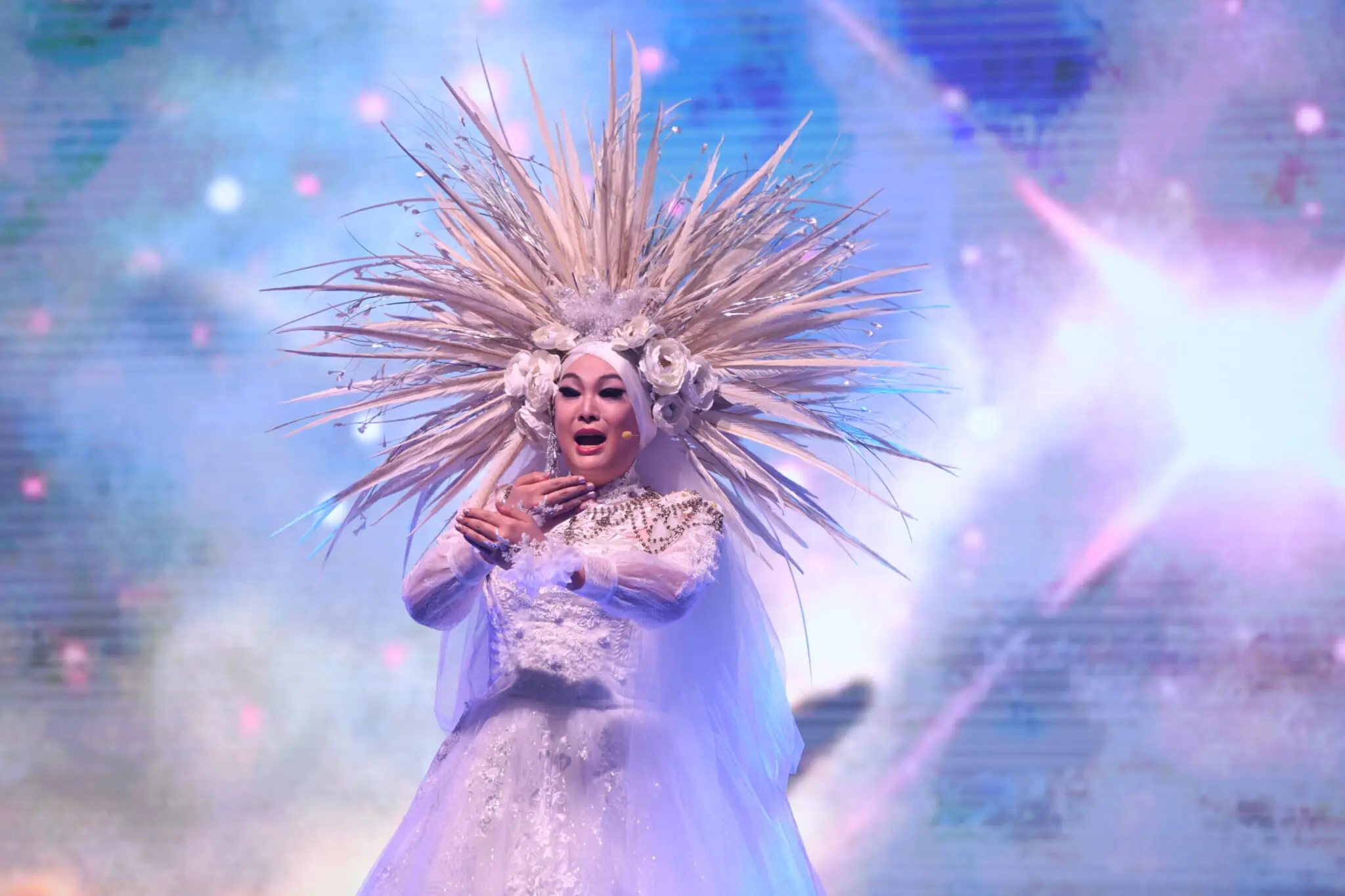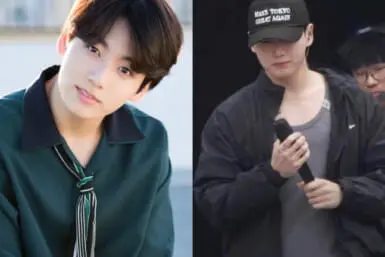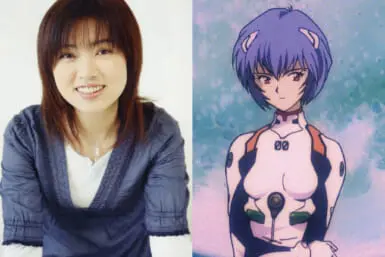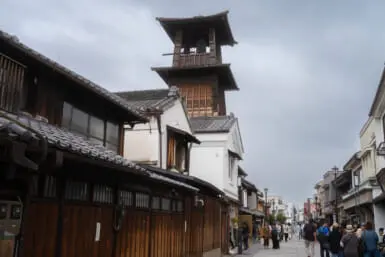Opera singer Maria Seiren has been singing professionally on the Tokyo scene for a decade now and is the director of the opera company Mondo Parallelo. Her unique talents were recognized by a nationwide audience in February when she won the first-ever Japan’s Got Talent final. Moving seamlessly between tenor and soprano vocal ranges, Seiren’s ability to sing both male and female parts of operatic classics wowed a panel of judges including Downtown’s Masatoshi Hamada and pop heavyweight Gackt. Seiren’s voice transcends gender, just like the singer herself, who isn’t fond of labels and values fluidity and going beyond borders.
Tokyo Weekender caught up with Seiren as she prepares to appear at the Ultimate Variety Show in Las Vegas later in the year.
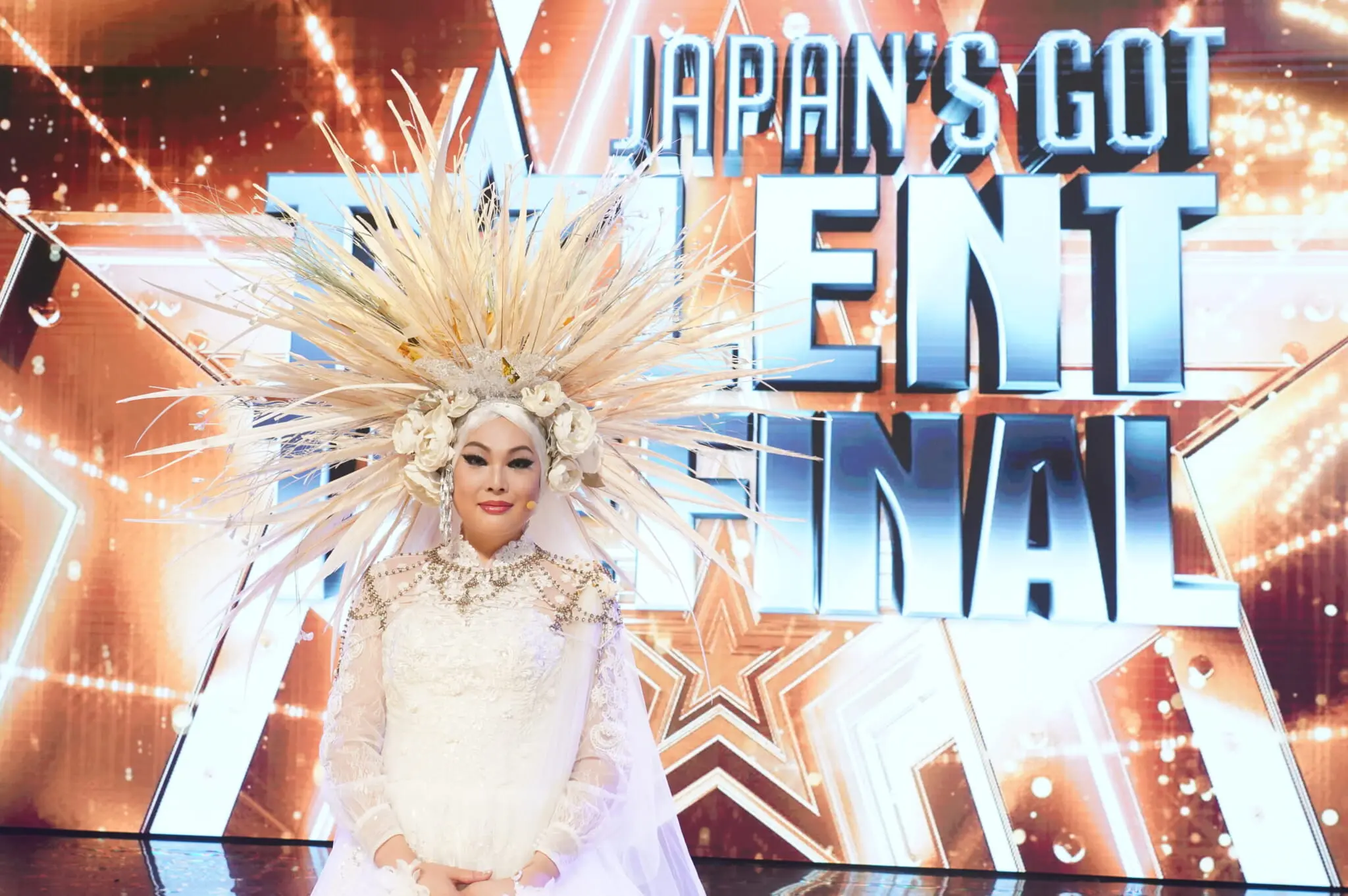
How do you feel now that you’ve had some time to reflect on the Japan’s Got Talent Victory?
It feels like a huge honor. As soon as they announced I’d won, I felt overcome with happiness. I was just so glad I’d been given this opportunity to prove myself to the world.
What do you think the victory will mean for your career going forward?
Well, things have definitely changed. Before the win, I was just a singer. Now, I’m a representative of Japan and about to head to the US as the winner of our country’s first Got Talent competition. So, there are more expectations. But it’s also a really incredible challenge to take on.
Are you nervous? Excited?
I’m really looking forward to it. I generally don’t feel nervous. If I do, that’s a sign I haven’t practiced enough. But now I feel prepared, so there are no nerves.
Do you gain a lot of confidence from your incredible costumes and headdresses?
Actually, I’m never completely alone when I go up on stage because of all the time and effort that others have put into getting me ready. I trust a lot of people to work on my hair, make-up and outfits and we also consult with audience members to find out what really works.
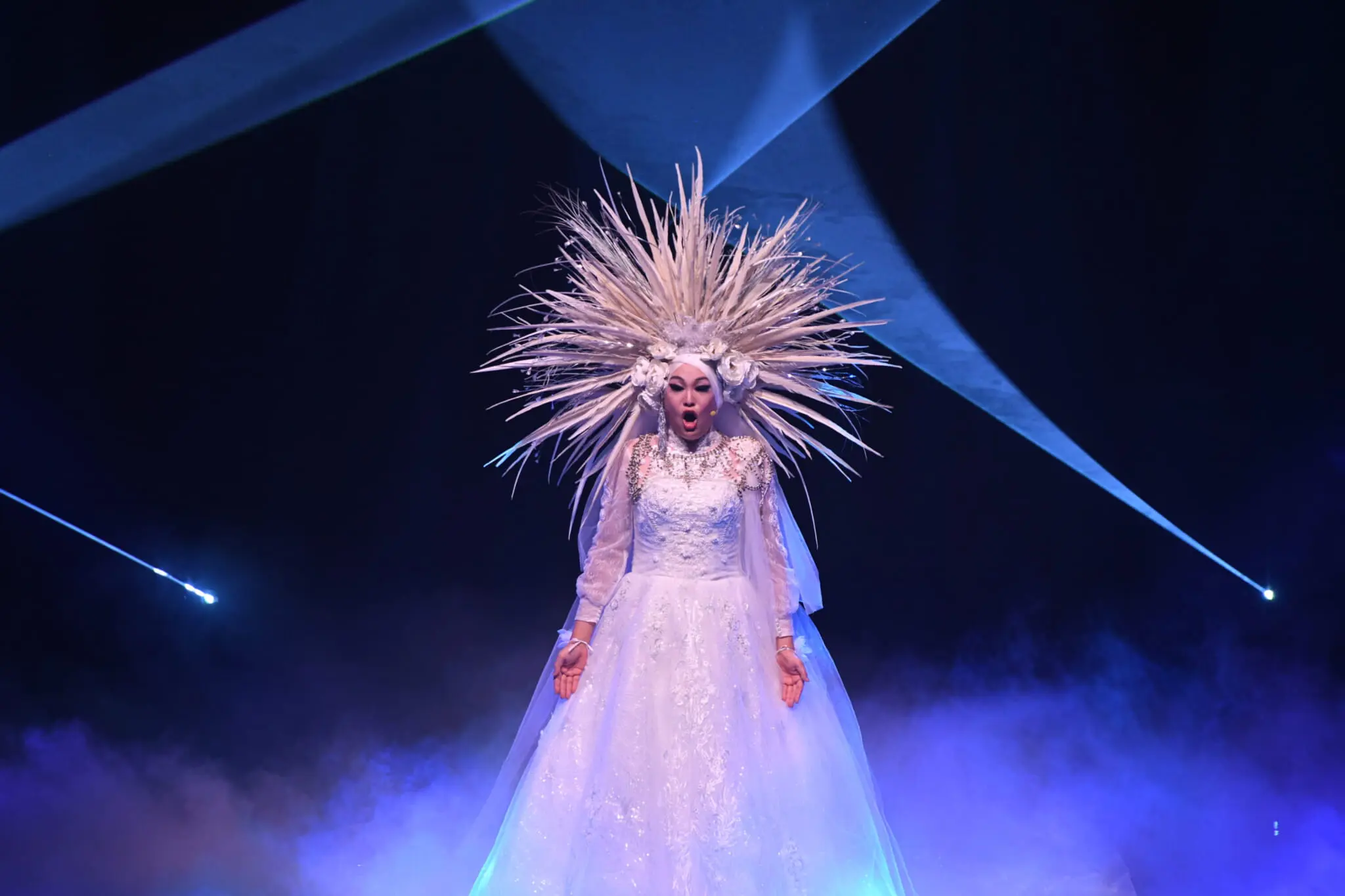
When did you start singing?
I first started really taking an interest in singing when I was in high school, in the school choir. But I’d always enjoyed singing, even before then. My mother would often sing to me when I was younger, and she generally sang traditional Japanese songs. So, my love of singing came from that, but it wasn’t really connected to opera.
What led you to opera and your discovery that you could sing both parts of a male and female duet?
I had always sung in a high soprano style like the Vienna Boys Choir ever since I was a kid, and people would often tell me it was strange and that my voice wasn’t manly enough. But I never let that kind of thing bother me, and I never gave in to the bullies who teased me. Actually, I really hated it when my voice broke and I began singing in a lower tone. I was always pushing myself to sing higher and I think that complex is what drove me to develop the ability to sing in both registers.
Could you tell us a little more about the origins of the name Maria Seiren?
Seiren comes from the mythological Greek figure of the siren, which was originally a form of winged demon that would sing songs to deceive people, but that eventually evolved into more of a mermaid-type creature that would try to seduce sailors with their songs. And the name Maria comes from the Virgin Mary. So, within one person there is the capacity for different states of being. Good and evil, purity and impurity, life and death, man and woman. The idea that we can move fluidly between these parallels is one of the major themes of my work, and it really embodies who I am.
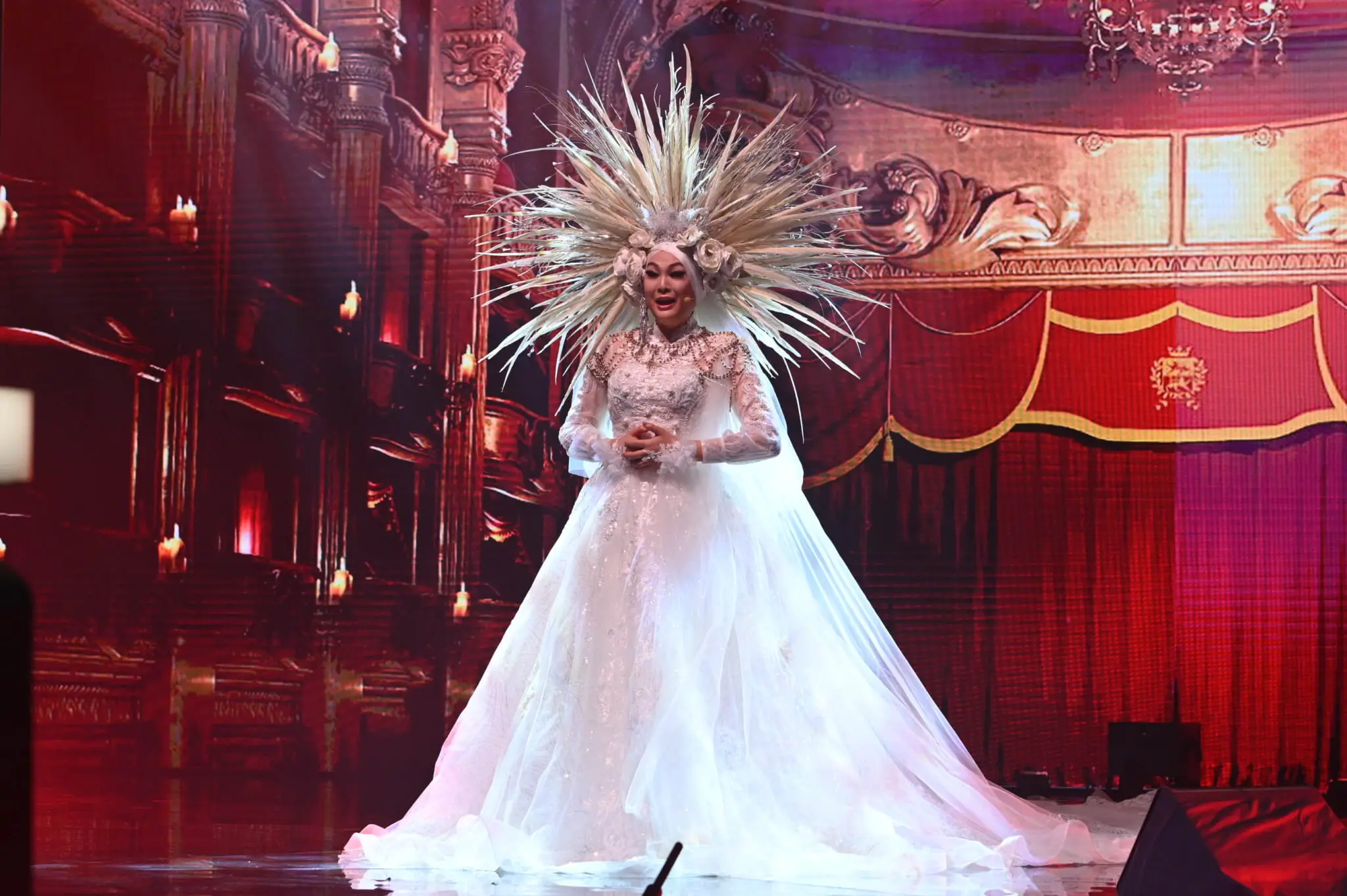
What would you say is the main factor motivating you to produce your work?
A real driving factor for me is the sense of synergy generated between the audience, the artist and the performance. When these three elements are aligned, it creates this wonderful fleeting sense of harmony, like the moment a flower comes into bloom. I just feel privileged that I get to share that strange sensation with my audience whenever I step out onto the stage.
There’s a growing conversation around LGBTQ rights and recognition in Japan. What do you think your victory in the Japan’s Got Talent final means for Japan’s LGBTQ community?
To be honest, that’s not really a conversation I engage with too closely. I don’t think anyone should put a border around themselves and say that they are either one personality type or another, one gender or one sexuality. Of course, a world where LGBTQ people can live happily is ideal. But I think it’s more important that we work to remove preconceived notions of what makes people who they are. We’re all unique and should just focus on being ourselves. I know I do, and I hope my audiences can enjoy that sense of freedom in my work.
All photos courtesy of Japan’s Got Talent.
